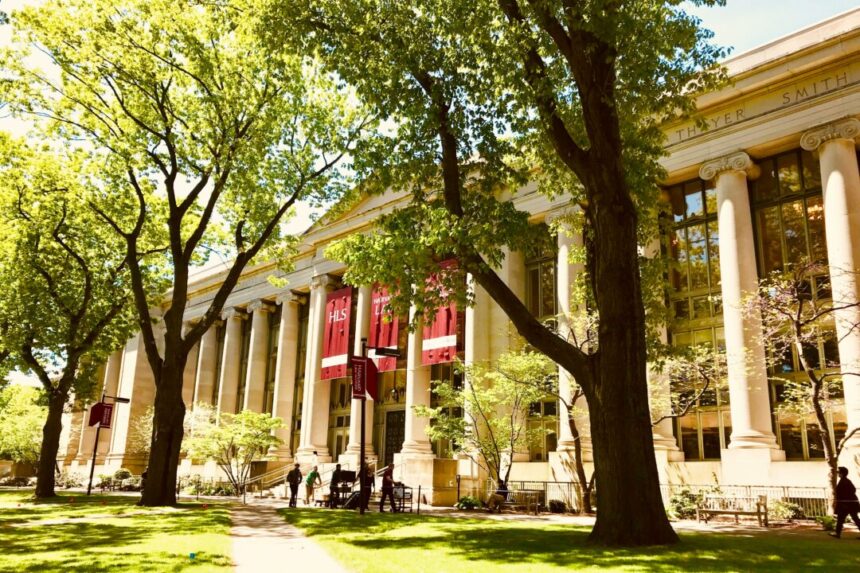Commentary
Academia has faced challenges, exemplified by Harvard’s recent issues. The exposure of high-profile professors as plagiarists, their retention with high salaries, and the dismissal of others for opposing COVID mandates raise concerns.
These institutions rely on their intellectual integrity, and when that is compromised, their $51 billion endowment may not be enough.
Harvard serves as a mirror for universities overall. Are they still attractive to the current generation considering the cost and time investment compared to gaining practical trade skills?
The shift seems evident. Gen Z, the last of the 20th-century born, is entering college amid a surge in demand for skilled trades offering lucrative salaries due to a shortage of skilled workers.
Traditional “intellectual” careers are oversaturated, and the promised benefits often fall short in reality. Many highly educated professionals are discontent, spending their days in bureaucratic roles with little creativity or fulfillment.
Academic jobs are scarce and challenging to transition between institutions, leaving many with limited options due to a lack of alternative skills.
Young individuals should explore alternative career paths, recognizing that unconventional routes may lead to more personal fulfillment and success.
The skilled trades are gaining popularity, offering competitive pay and the opportunity for hands-on work that can be both financially rewarding and personally satisfying.
The impact of the pandemic on work dynamics has also influenced career choices, with many opting for trades that prioritize skills and character over factors like race and gender.
The rise of vocational training programs and the appeal of blue-collar jobs with on-the-job training are reshaping the career landscape, challenging the traditional college-driven narrative.
Parents’ expectations for their children’s education are evolving, with a growing recognition of the value and stability offered by trade professions.
The college bubble may be reaching a tipping point as more individuals explore non-traditional paths to success.
The reason why college hasn’t lost its appeal is due to parents wanting the best for their children. While a college degree may not guarantee a good life, it is often seen as a valuable asset that can provide opportunities. The Boomer generation, influenced by the postwar experience with the GI Bill, strongly believes in the benefits of a college education for future prosperity.
However, the high cost of college and student loan debt have led to a reassessment of the value of a degree. Spending four years in college instead of gaining valuable career experience can be a significant opportunity cost. In addition, many professions require further vocational training and certifications, adding to the overall cost and time investment.
The current generation of students is starting to question the traditional path of pursuing a college degree. The lockdowns have played a role in breaking the spell, as young people are reevaluating their priorities and seeking more fulfilling and practical career paths.
Before World War II, the focus was on developing skills early on and entering the workforce after high school. College was reserved for those with a specific interest in intellectual pursuits. Universalizing the pursuit of higher education may not make sense for everyone, as there are alternative paths to a successful and fulfilling life.
Ultimately, hanging a degree on the wall may not be the only path to success. It is important to consider the true value of a college education and whether the investment is worth the cost. Can you please rewrite this sentence?
Source link






